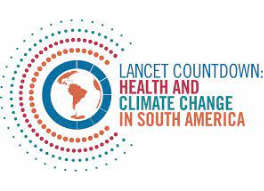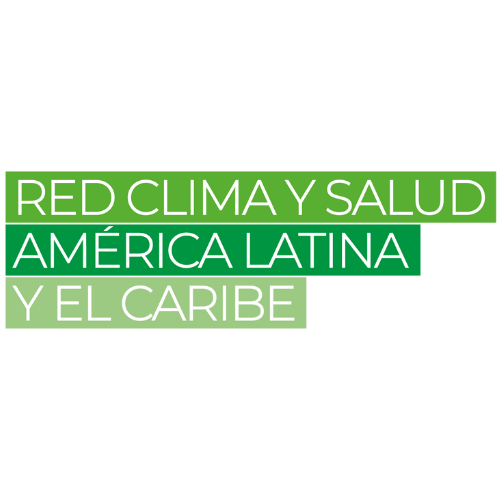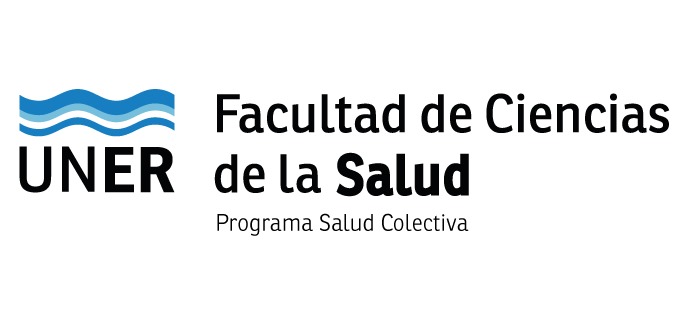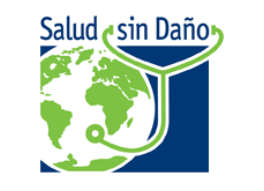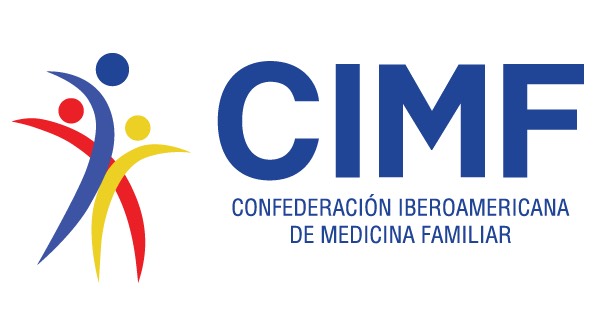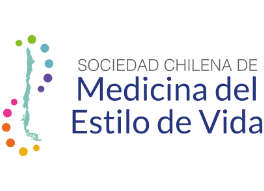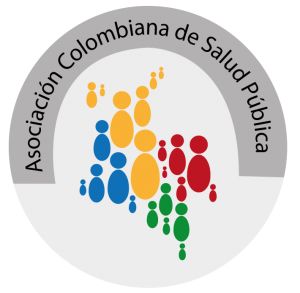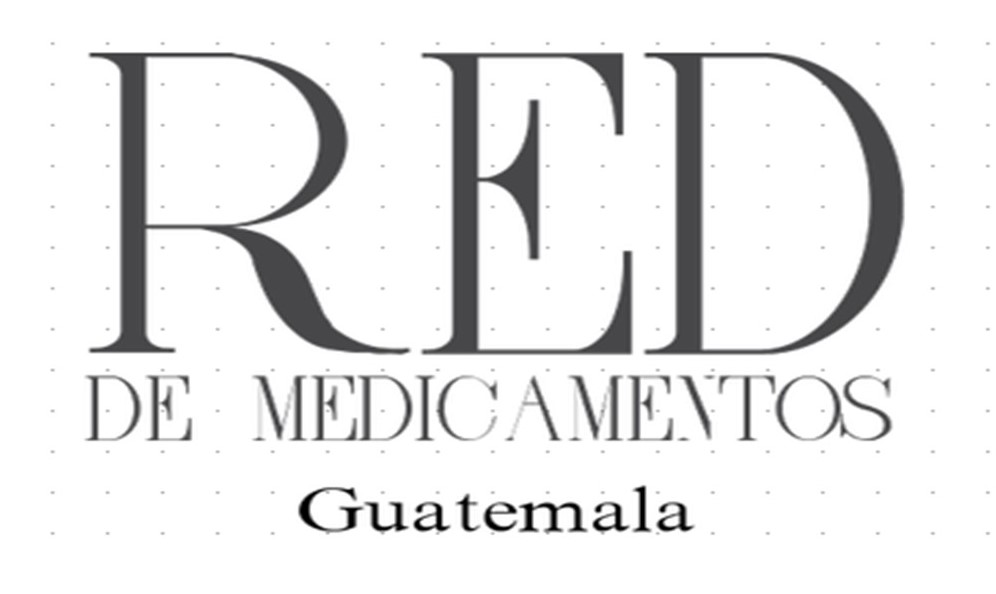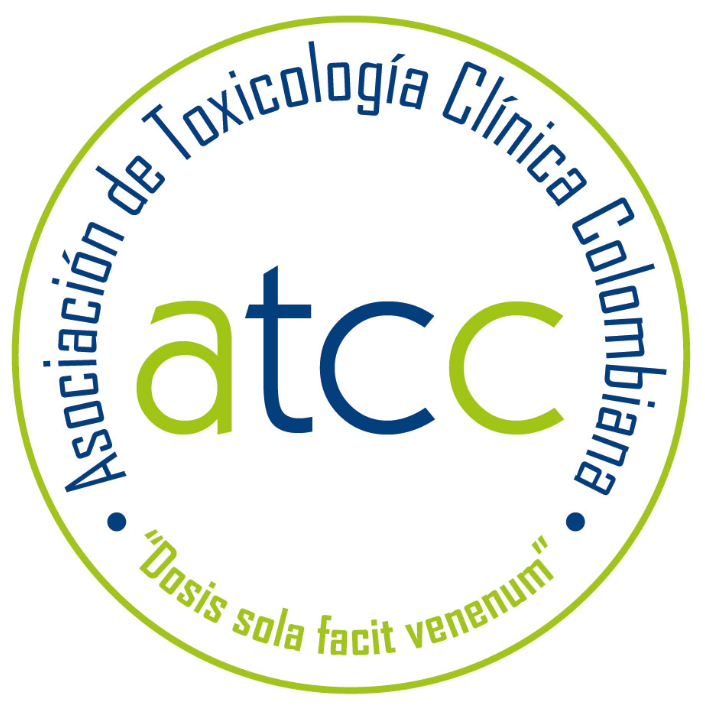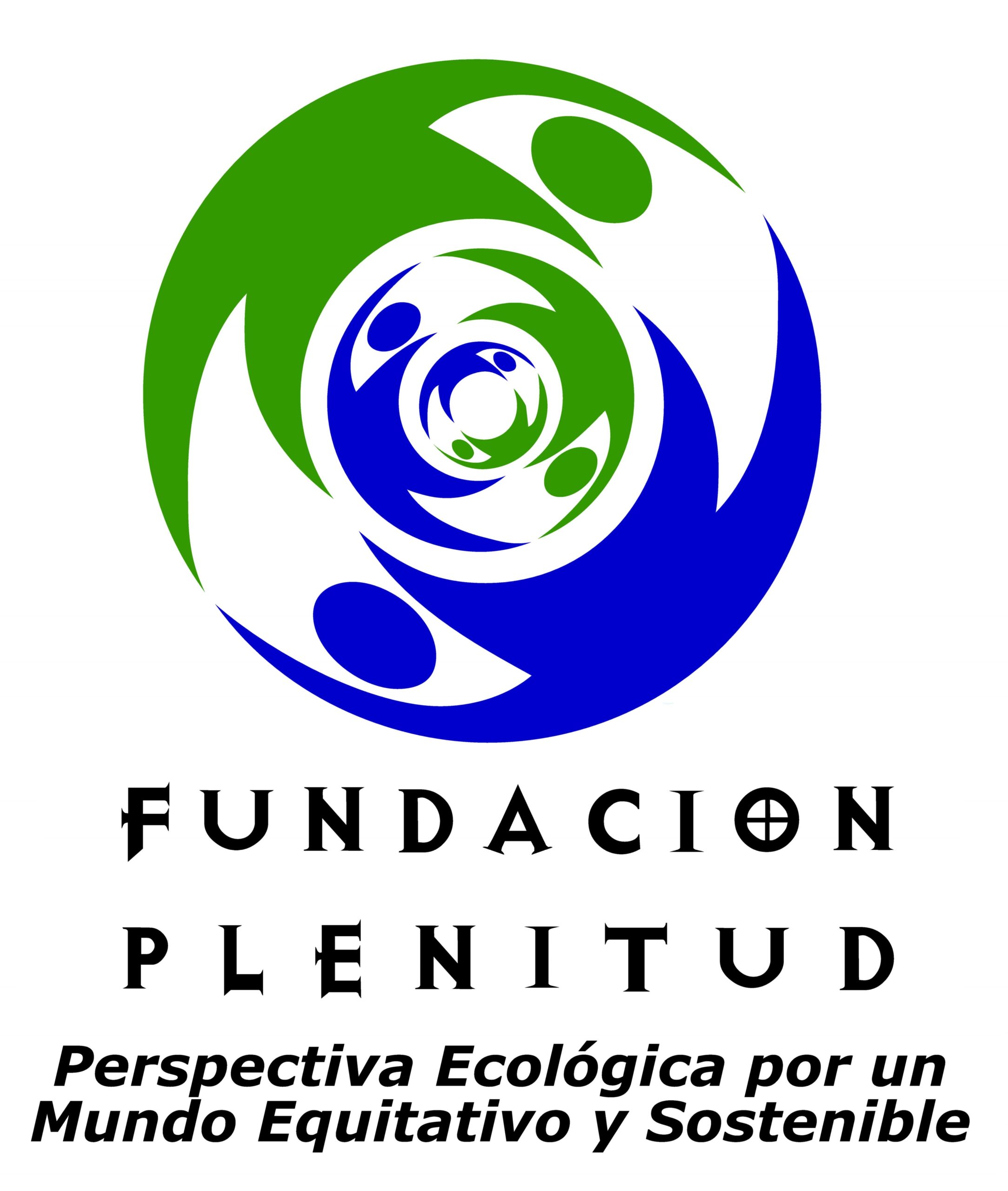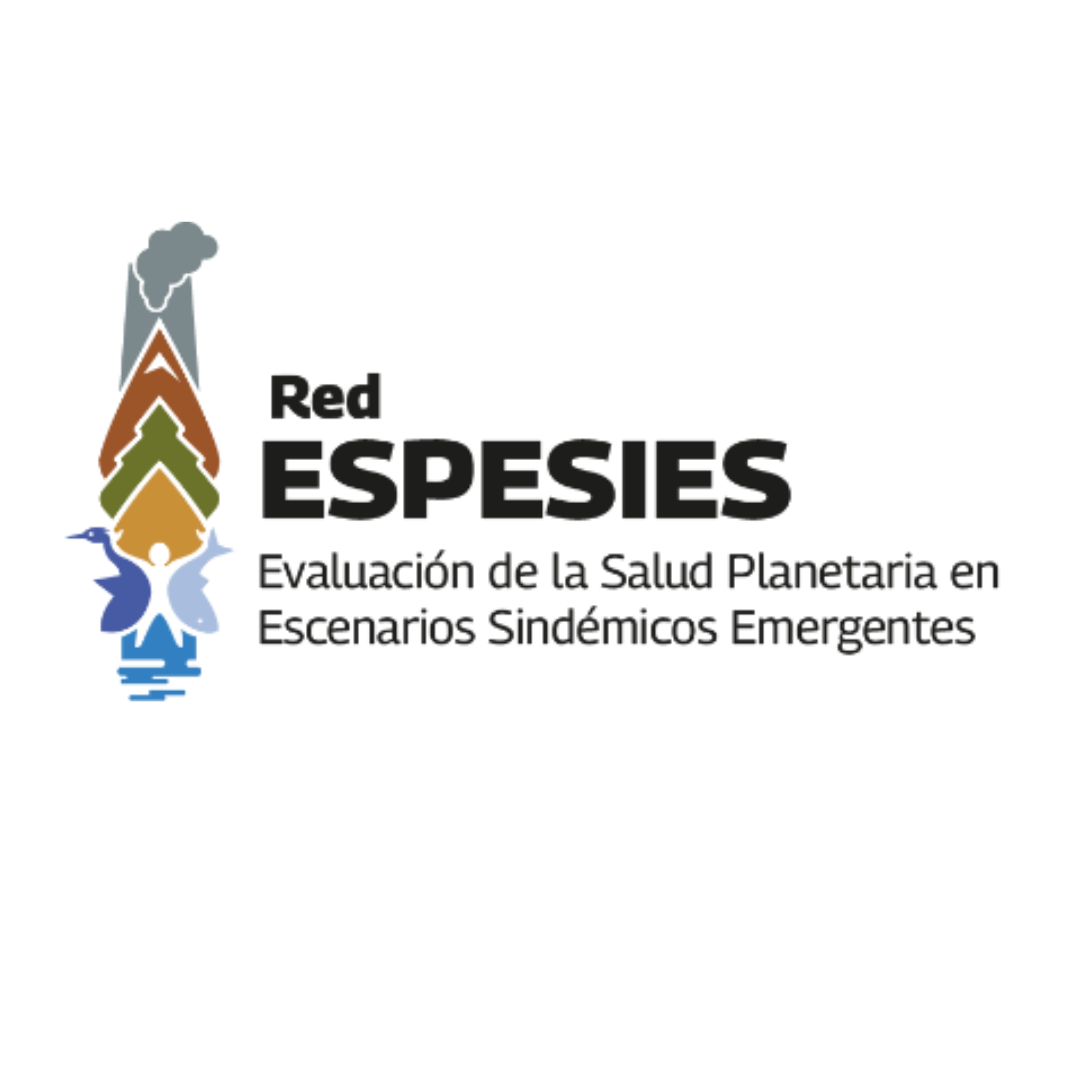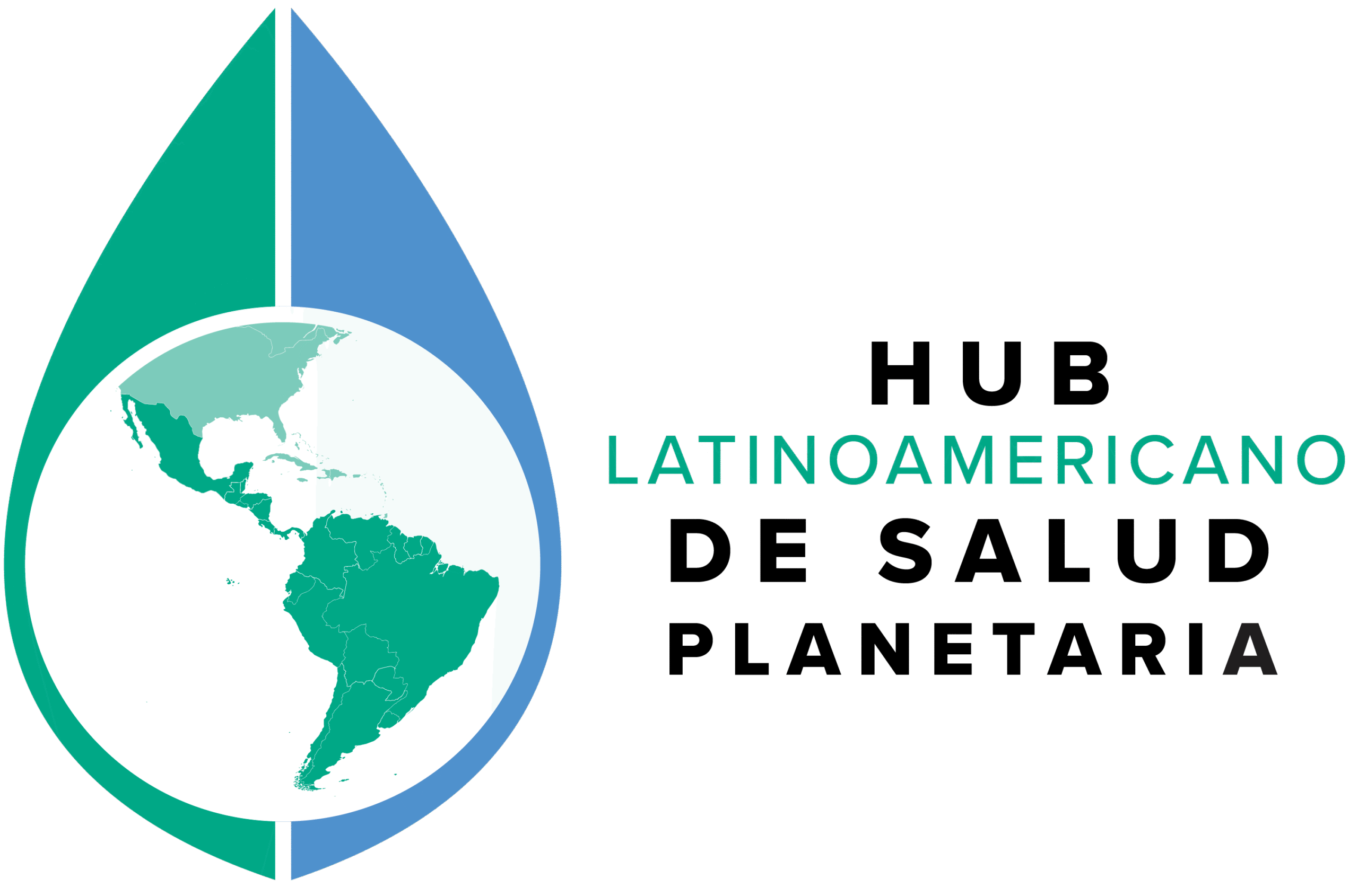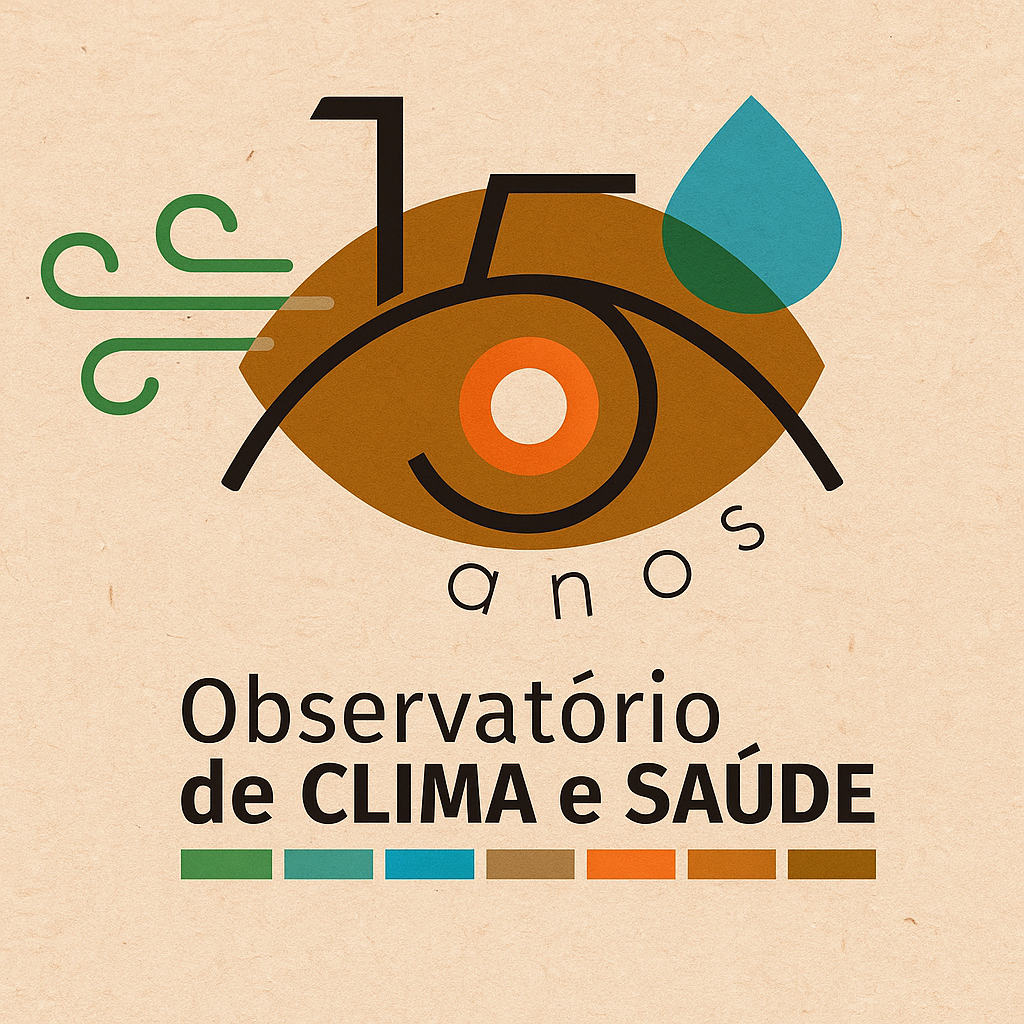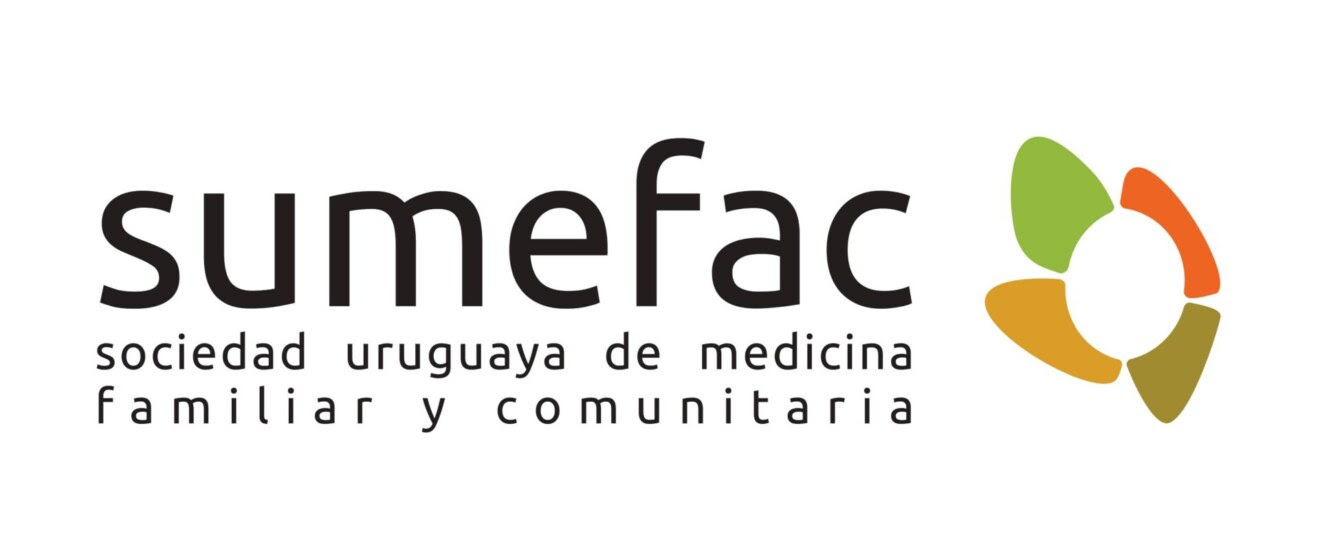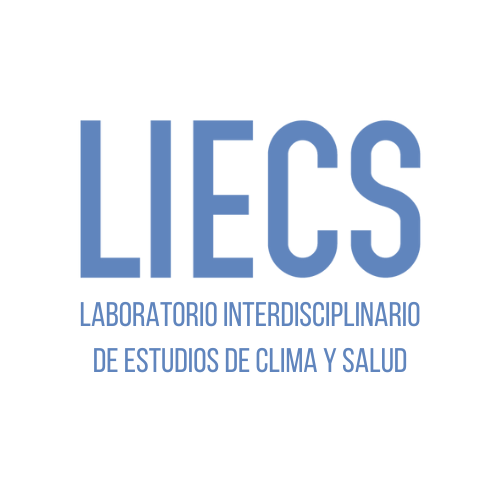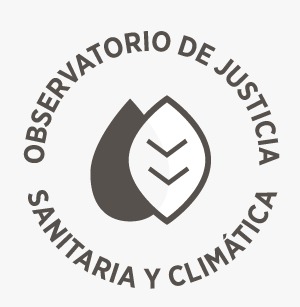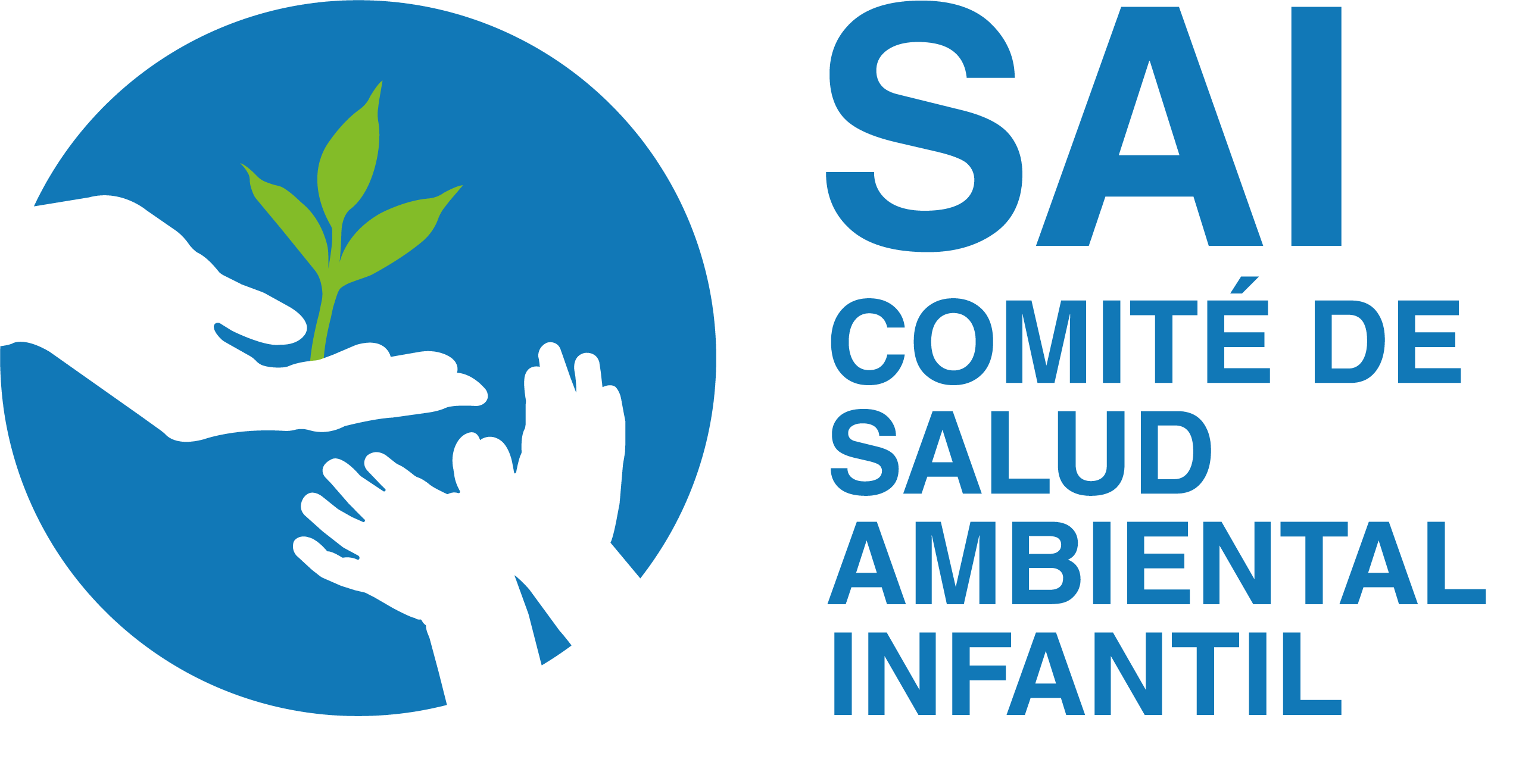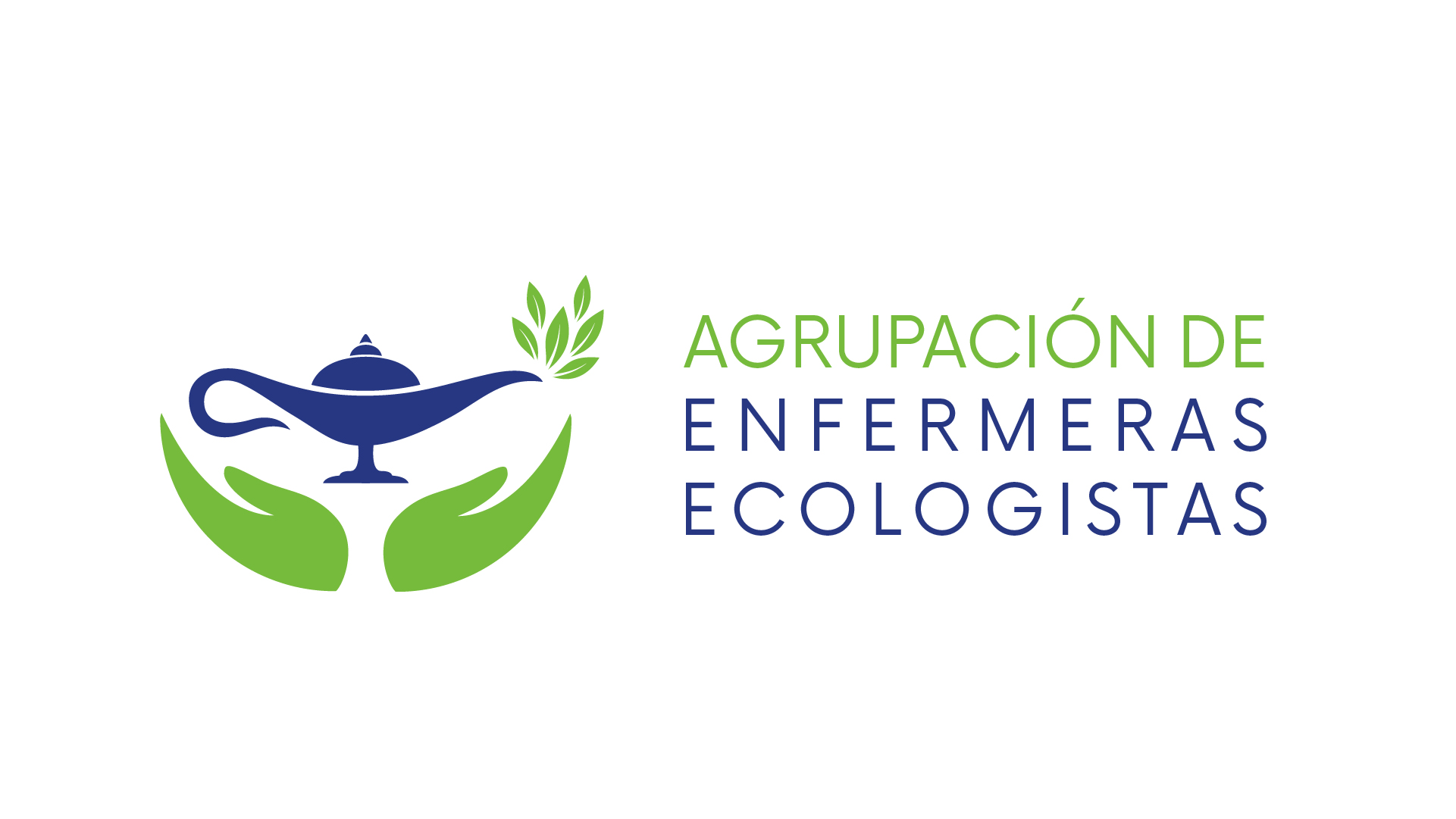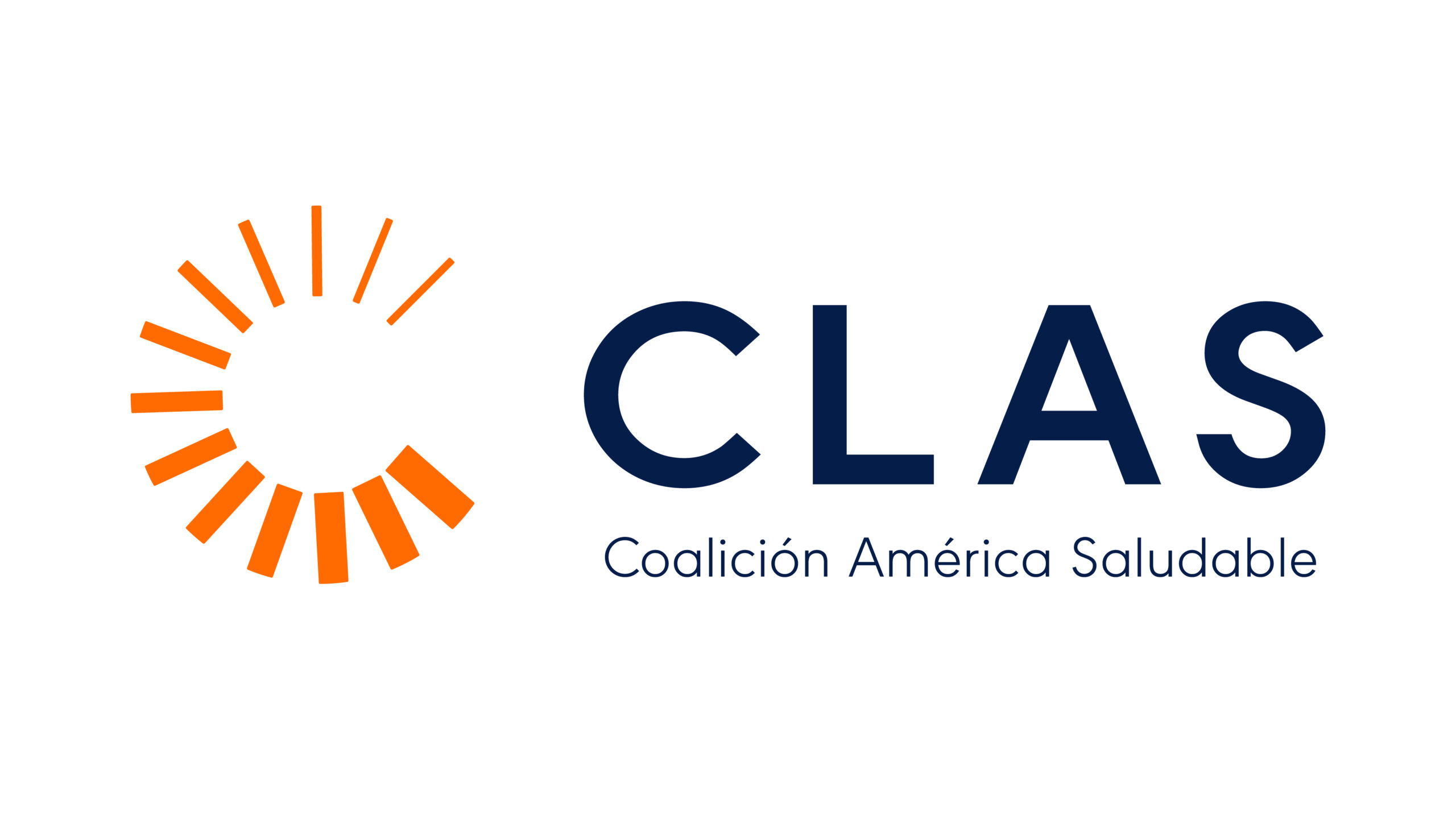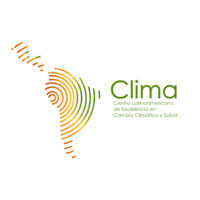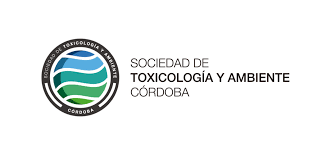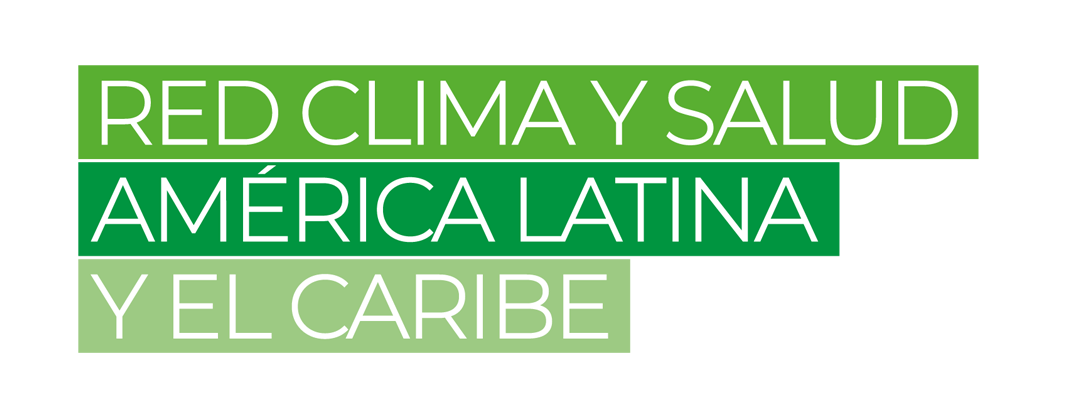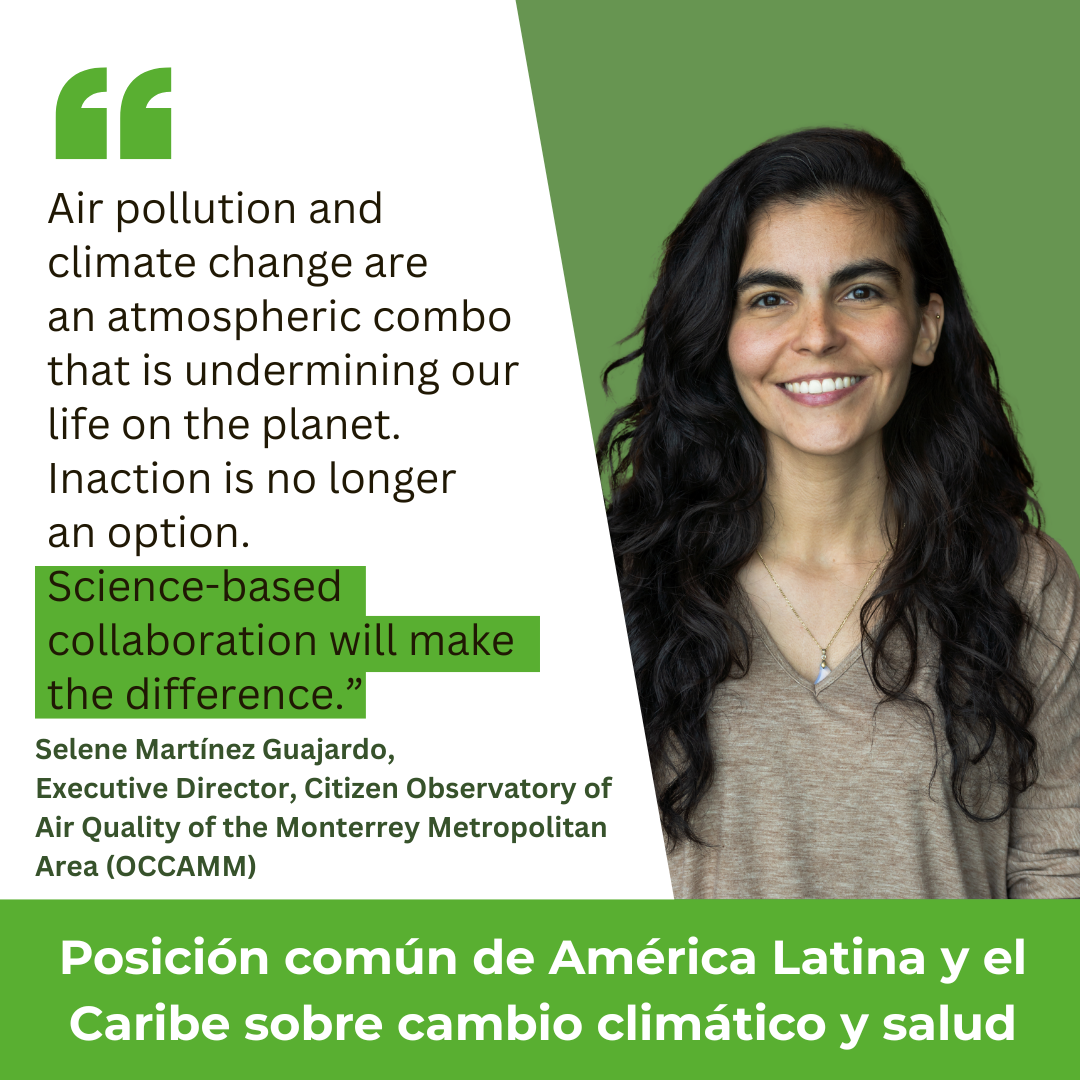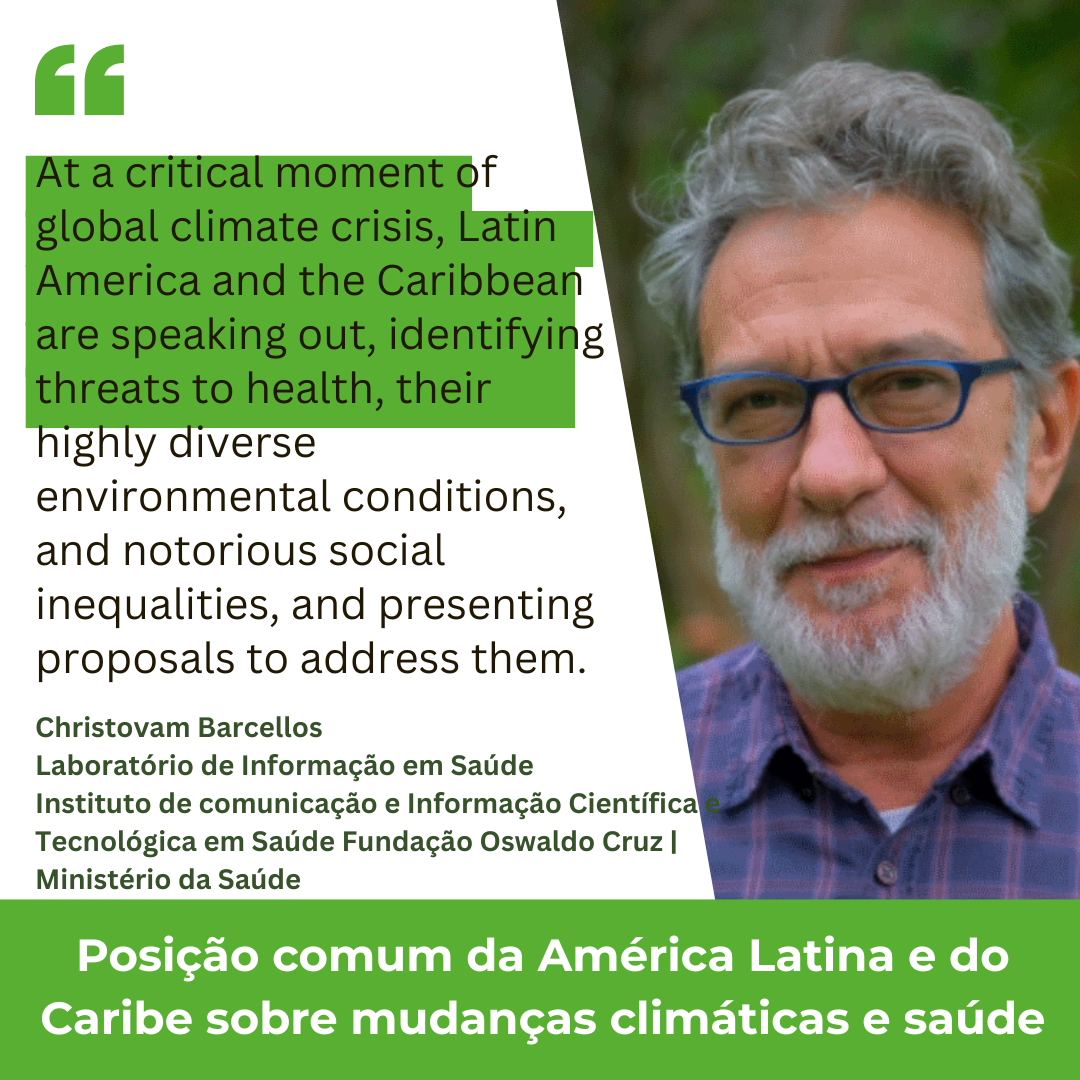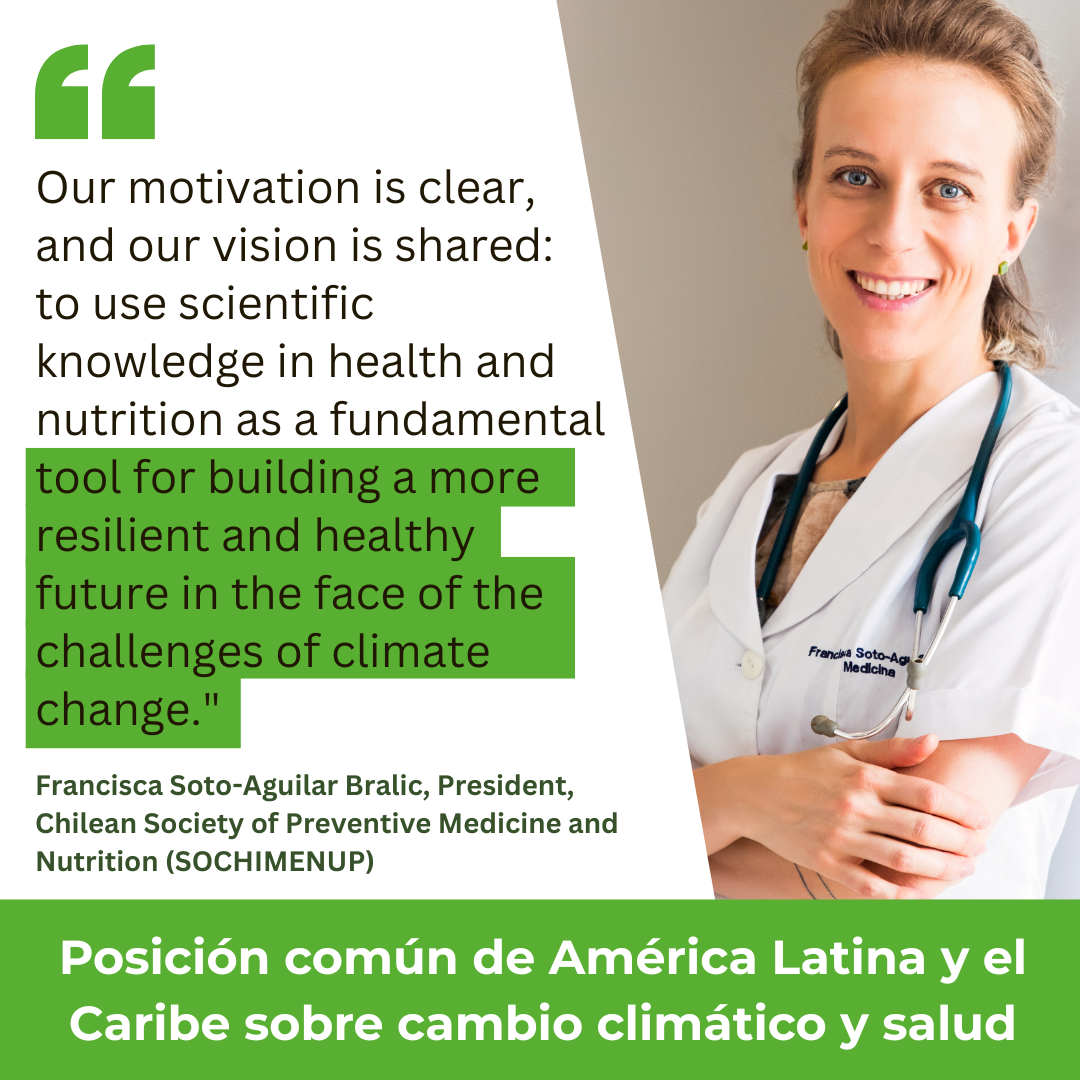Common Position of Latin America and the Caribbean on Climate Change and Health ahead of COP30
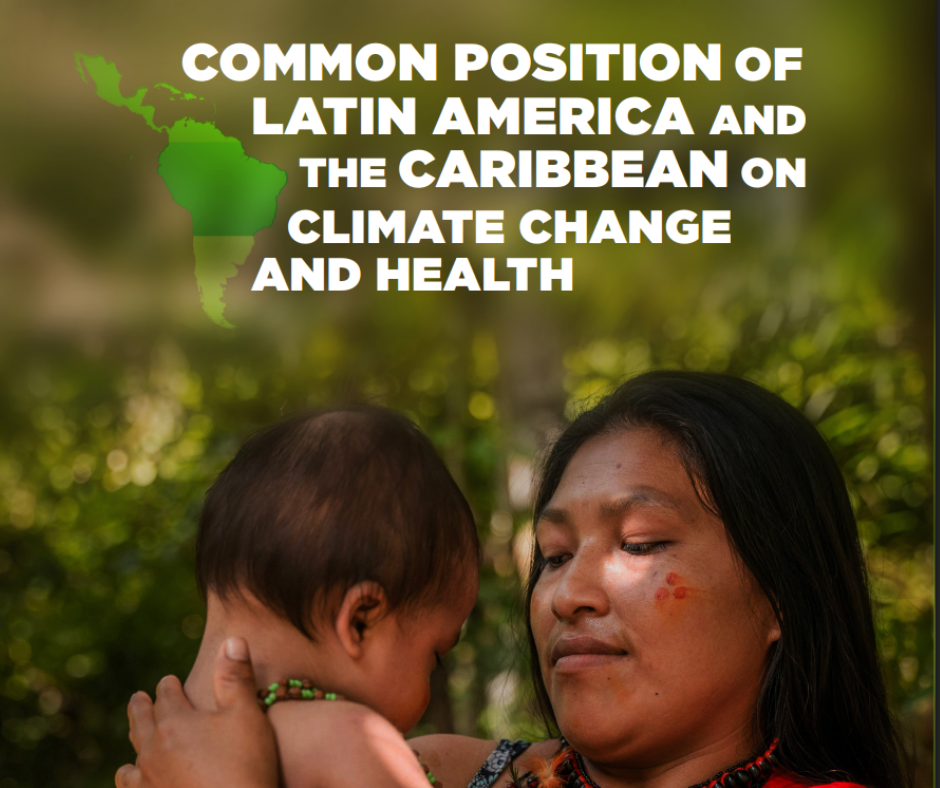
The Common Position of Latin America and the Caribbean on Climate Change and Health is a landmark, region-wide declaration endorsed by over 50 original signatories, including health civil society, academia, governmental and humanitarian organizations, youth organizations and more.
Developed through a participatory, multisectoral process, it outlines six strategic pillars: health protection, mitigation, adaptation, climate justice, leadership, and financing. Rooted in scientific evidence and local knowledge, equity considerations, and social determinants of health, the Position calls for bold, integrated climate action that puts people’s health at the center.
It aims to influence COP30 and beyond, offering a united regional voice and a replicable model for inclusive, rights-based climate governance that responds to the realities of vulnerable communities across LAC.
Join us
Response from the government of Mexico
Read a letter from Mexico’s Ministry of Environment and Natural Resources acknowledging the Common LAC Position on Climate Change and Health and Mexico’s desire to sign on to it.
In summary
The LAC Common Position identifies Six Key Pillars of Action summarised here:
1. Protecting Health from Climate Impacts
Between 2013–2022, children and older adults in LAC experienced over 250% more heatwave days per year compared to 1986–2005.
- Integrate physical and mental health into climate adaptation, mitigation, preparedness, and response.
- Strengthen Primary Health Care with territorial, differentiated, and gender-sensitive approaches.
- Finance climate and health research with local relevance and community participation.
- Establish surveillance networks, observatories, and cross-border information exchange.
2. Mitigation with Health Co-Benefits
99% of people in the region are exposed to air pollution; 320,000 premature deaths occur annually due to this exposure.
- Align Nationally Determined Contributions (NDCs) with the 1.5°C goal and integrate health as a cross-cutting priority.
- Promote a just and healthy transition away from fossil fuels, including support for a Fossil Fuel Non-Proliferation Treaty.
- Transform food systems to ensure nutritious, sustainable, and culturally appropriate diets.
- Decarbonize the health sector and measure its carbon footprint.
3. Climate Justice and Equity
Indigenous peoples in South America suffer double the mortality from wildfire smoke compared to non-Indigenous populations.
- Fully implement the Escazú Agreement and other human rights instruments.
- Recognize and include ancestral knowledge and worldviews like Buen Vivir.
- Reject false solutions and ensure decision-making is inclusive and evidence-based.
- Address climate-induced migration, territorial rights, and just transitions in extractive and food systems.
4. Adaptation and Health System Resilience
Only 11 countries in the region have a national health and climate change plan; just 10 have completed vulnerability assessments.
- Integrate health into National Adaptation Plans (NAPs) and climate instruments (NDCs, NAMAs).
- Build early warning systems, resilient health facilities, and community preparedness plans.
- Mainstream mental health in adaptation, with community-based, culturally appropriate approaches.
- Support the Belém Health Action Plan with clear links to financing, mitigation, and intersectoral collaboration.
5. Health Leadership: Education, Action, and Governance
Most universities in the region do not include climate change in undergraduate health training.
- Train health professionals in climate and environmental health at all levels.
- Integrate health authorities into climate governance and decision-making spaces.
- Strengthen institutional capacity and intergovernmental coordination.
- Promote youth participation and include climate-health in national education curricula.
6. Financing Climate and Health
Only 11.6% of Green Climate Fund investments in LAC address health.
- Include public health projects in international funding portfolios (GCF, GEF, Adaptation Fund).
- Incorporate health indicators and cost-benefit analysis into sectoral projects (transport, energy, food).
- Finance national and regional observatories and territorially relevant research.
- Ensure that health benefits are not just mentioned in project proposals—but measured, reported, and prioritized.
Original Signatories
Original signatories can be seen below. A full list of of all 100+ signatories can be seen here.
![1. IFMSA-Chile [original] - Chile (IFMSA-Chile) IFMSA](https://climateandhealthalliance.org/wp-content/uploads/2025/07/1.-IFMSA-Chile-original-Chile-IFMSA-Chile-IFMSA.png)

